Page 1
Tag: Montreal Protocol
-
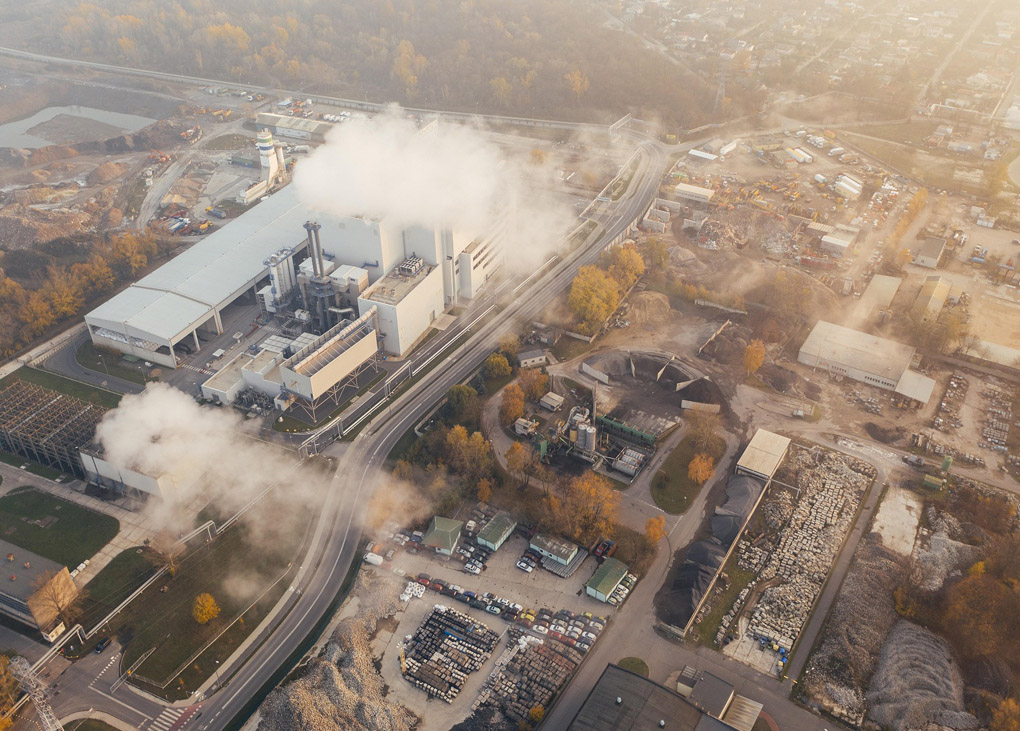
Report: China’s HFC emissions on the rise
A recent study has found that China’s hydrofluorocarbon (HFC) emissions represent more than 20 per cent of total global HFC emissions.
-
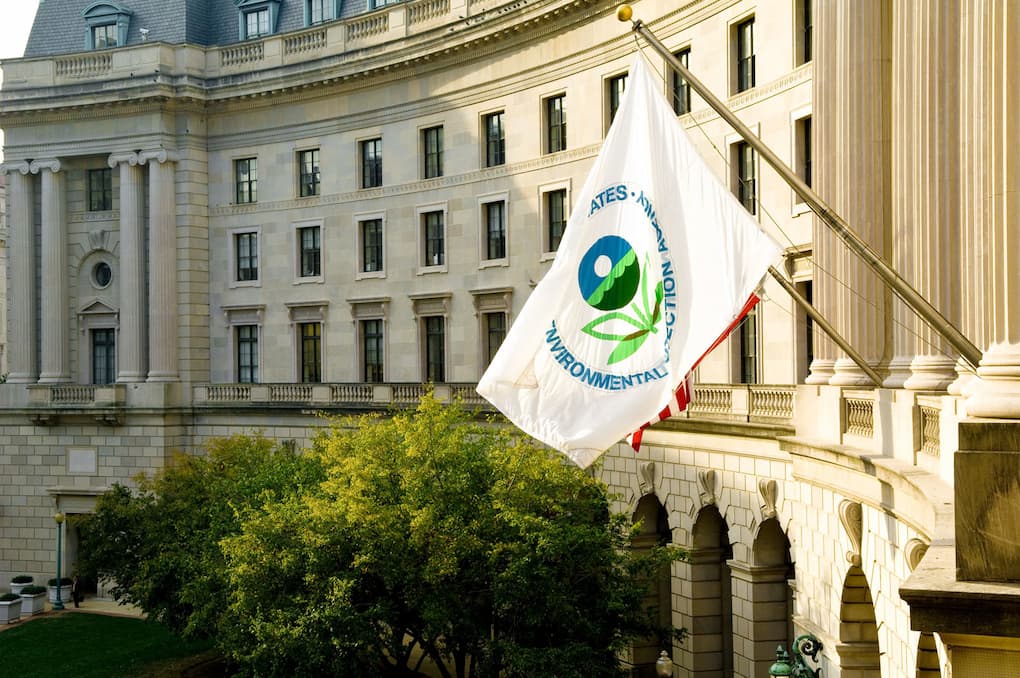
US EPA confirms final pillar of HFC phase-down plan
The US EPA has announced a final rule to establish a new program to better manage, recycle, and reuse HFCs under the AIM Act.
-
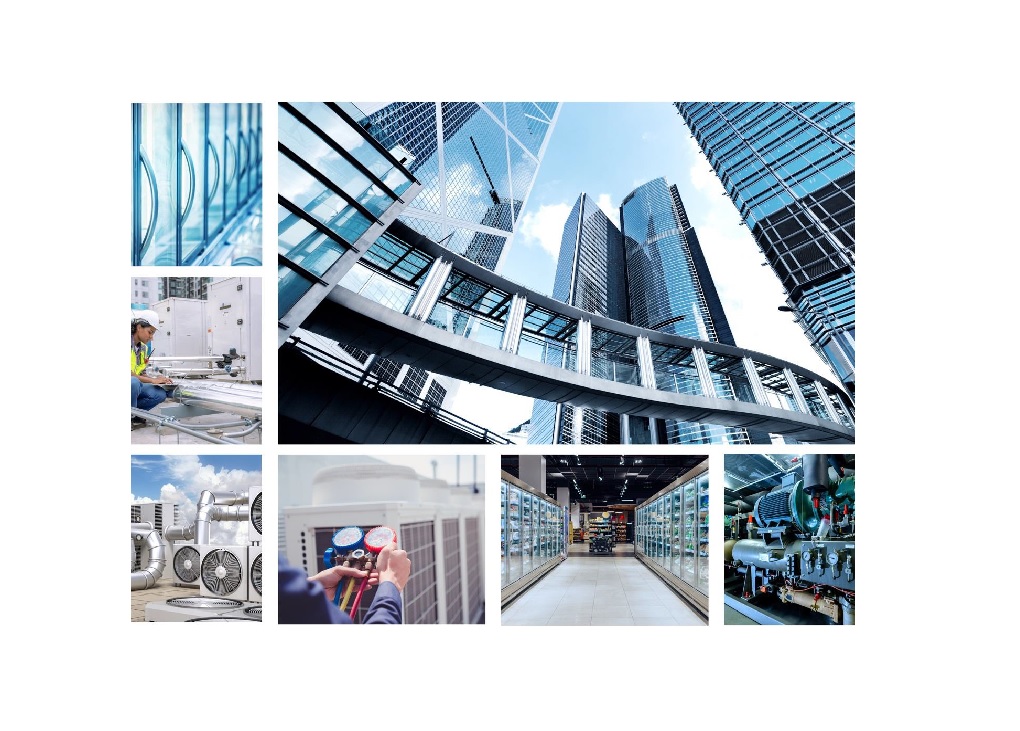
Cold Hard Facts 4 released
The much-anticipated Cold Hard Facts 4 report has been released, providing a bird’s-eye view of the local HVAC&R sector and highlighting the need for direct action to transition away from high-GWP refrigerants if Australia is to meet its international obligations under the Montreal Protocol.
-
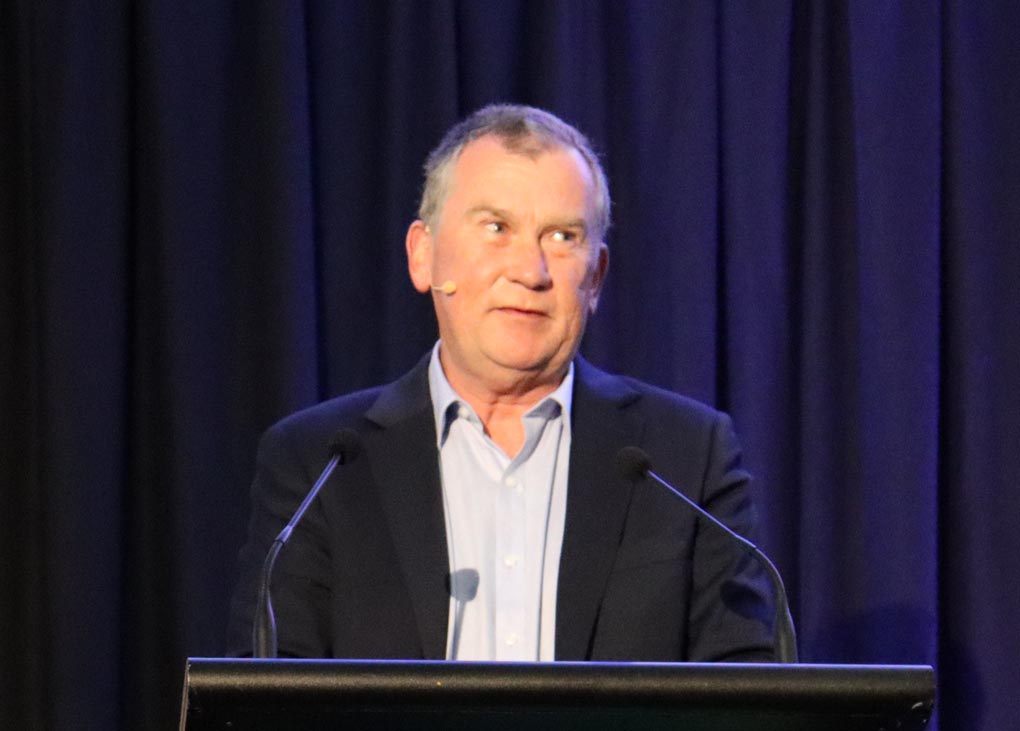
Vale Pat McInerney
Staunch environmental advocate and Australian representative at meetings of the Montreal Protocol Patrick McInerney has passed away, aged 61.
-
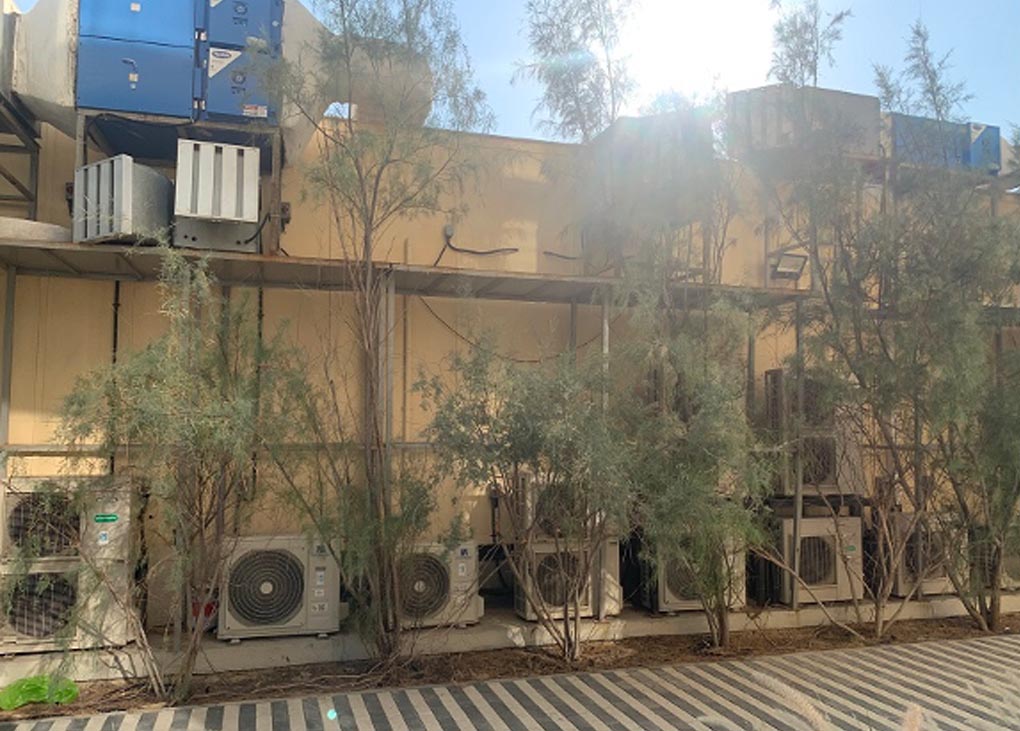
COP28 criticised for unsustainable cooling
The EIA has called out the organisers of COP28 for using air conditioners with “climate wrecking” HFC and HCFC refrigerants.
-

CFCs on the rise again?
A new study has found increased emissions of chlorofluorocarbons (CFCs), despite their production being banned under the Montreal Protocol. The researchers say the most likely cause is a “loophole” that allows the creation of CFCs during the production of other chemicals, including common synthetic refrigerants. The research, published in Nature Geoscience and led by the […]
-

The EU phase-down plan – brave or foolhardy?
At the end of February, the European Parliament’s Committee on the Environment, Public Health and Food Safety (ENVI) agreed to major amendments to the F-gas regulation – the EU legislation that controls emissions from fluorinated greenhouse gases. If the changes are confirmed by the European Parliament, it will effectively see a phase-out of HFC refrigerants […]
-

Bans on horizon for common refrigerants
All eyes are on a European proposal to restrict per- and polyfluoroalkyl substances (PFAS) that may result in bans on many widely used refrigerants. Alex Pachai, who chairs the Eurammon technical committee, the International Institute of Refrigeration working group on safety, and the industrial heat pump manufacturer’s group at the Danish Heat Pump Association, explains […]
-

World grapples with refrigerant transition
A special international publication has collected perspectives from around the globe on the transition to low-GWP refrigerants under the Kigali Amendment. With the help of local experts, it reveals how the HFC phase-down is tracking, the major challenges so far, and the potential solutions. The Kigali Amendment aims to phase down HFC production worldwide by […]
-

US commits to HFC phase-down
The US Senate has ratified the Kigali Amendment to the Montreal Protocol, joining the 137 other countries that have already ratified the treaty. The Kigali Amendment calls for a gradual reduction in the consumption and production of hydrofluorocarbons (HFCs), which are potent greenhouse gases. Many of these are used as refrigerants in HVAC&R systems. “The […]
-
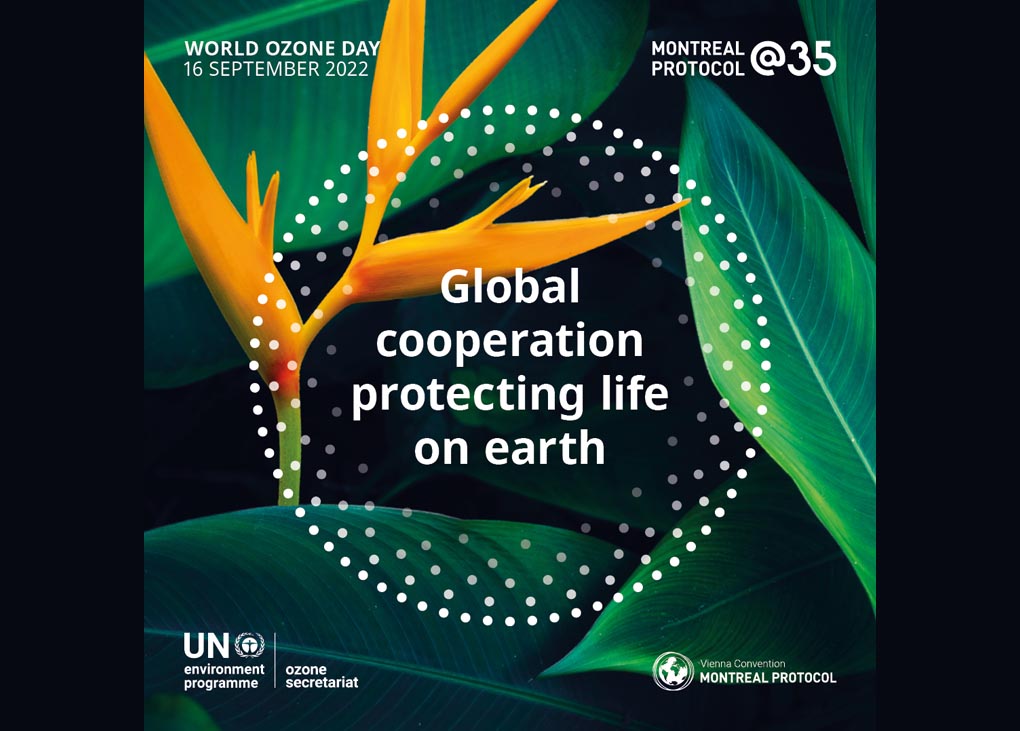
Celebrating milestones on World Ozone Day
World Ozone Day is being celebrated on September 16 with the theme “global cooperation protecting life on Earth”, in recognition of the 35th anniversary of the Montreal Protocol on Substances that Deplete the Ozone Layer. On September 16, 1987, governments adopted the Montreal Protocol to control and reduce ozone-depleting substances, mainly chlorofluorocarbons (CFCs) and halons. […]
-

CFC ban helped avoid scorched earth scenario
A new study from Lancaster University in the UK has revealed that continued deterioration of the Earth’s ozone layer could have had catastrophic effects on our planet, exacerbating global warming and impacting all plants and animals. The work also reinforces the importance and success of the Montreal Protocol, which phased out ozone-destroying CFCs with the […]
-

China and US commit to Kigali Amendment
China and the US have affirmed their joint commitment to phasing down HFCs in line with the Kigali Amendment to the Montreal Protocol. The announcement came after two days of talks between US Special Presidential Envoy for Climate John Kerry and China Special Envoy for Climate Change Xie Zhenhua. Chinese president Xi Jinping had earlier […]
-

Has China halted illegal production of CFC-11?
New studies indicate that China may have successfully curbed production of CFC-11, an ozone-depleting refrigerant also used for foam insulation. The chemical was banned, along with other CFCs such as R12 and R502, under the Montreal Protocol to stop the production and import of ozone depleting substances and reduce their concentration in the atmosphere. In […]
-

US passes HFC phase-down bill
The US government has passed a bill authorising a 15-year phase-down of HFCs in alignment with the Kigali Amendment to the Montreal Protocol. The American Innovation and Manufacturing Act of 2020 (AIM) requires the Environmental Protection Agency (EPA) to implement a phase-down of the production and consumption of HFCs through an allowance program. The phase-down […]
-
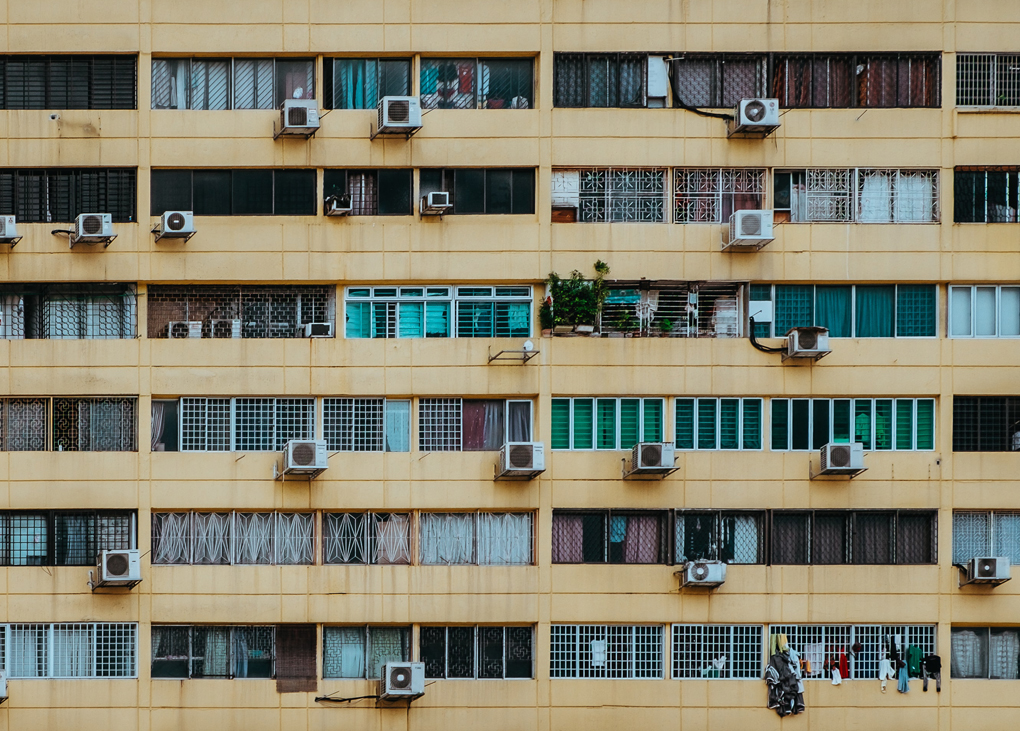
Time to look beyond Kigali targets, say experts
The cooling sector has to take a more holistic view of sustainable cooling that extends beyond the Kigali targets, according to experts speaking at a special event held alongside the latest Meeting of the Parties of the Montreal Protocol. The Economic Affairs Officer with the UN’s Economic and Social Commission for Asia and the Pacific, […]
-
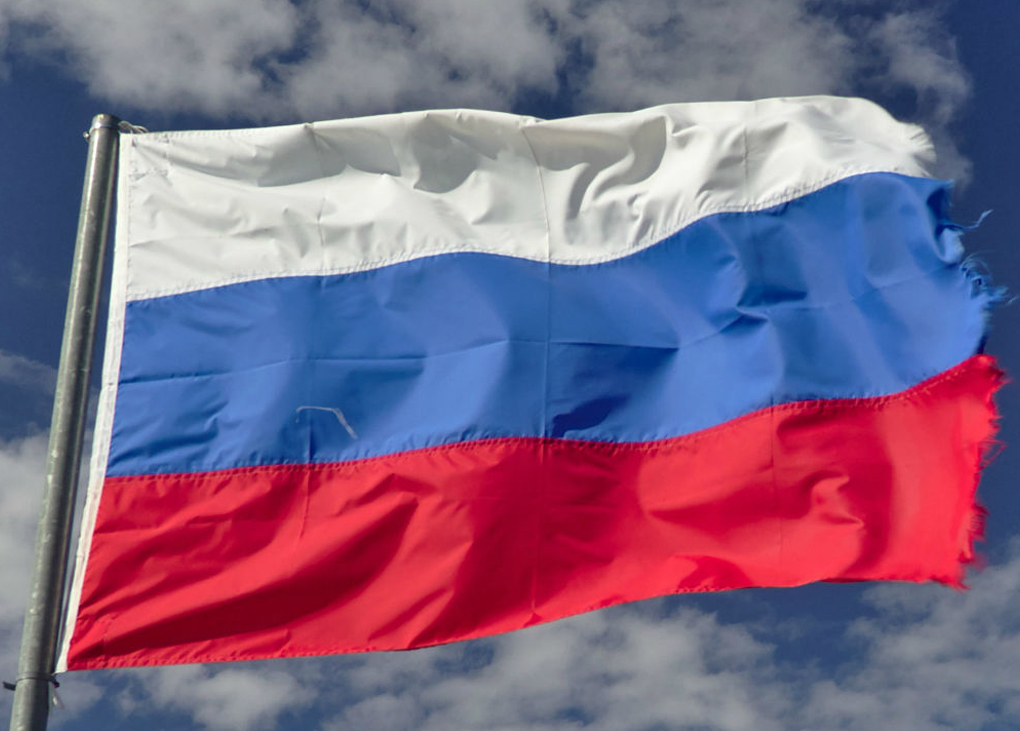
Russian Federation ratifies Kigali Amendment
As part of the global effort to reduce the use of HFCs, the Russian Federation has ratified the Kigali Amendment to the Montreal Protocol, becoming the 105th country to do so. “According to the scientific community, if member states deliver on their obligations regarding substances that deplete the ozone layer, by mid-century the ozone layer […]
-

Doubling down on the Kigali Amendment
A new study led by the International Institute for Applied Systems Analysis (IIASA) shows that transitioning to high-efficiency cooling can double the climate mitigation effects of the HFC phase-down under the Kigali Amendment. The Kigali Amendment to the Montreal Protocol, which entered into force in 2019, aims to phase down the consumption of hydrofluorocarbons (HFCs), […]
-

Celebrate healing of the ozone layer
World Ozone Day is held on September 16 to commemorate the anniversary as well as achievements of the Montreal Protocol. The Montreal Protocol on Substances that Deplete the Ozone Layer was signed on September 16, 1987, to protect the ozone layer by limiting the production and use of ozone-depleting substances. Hailed as the most successful […]
-
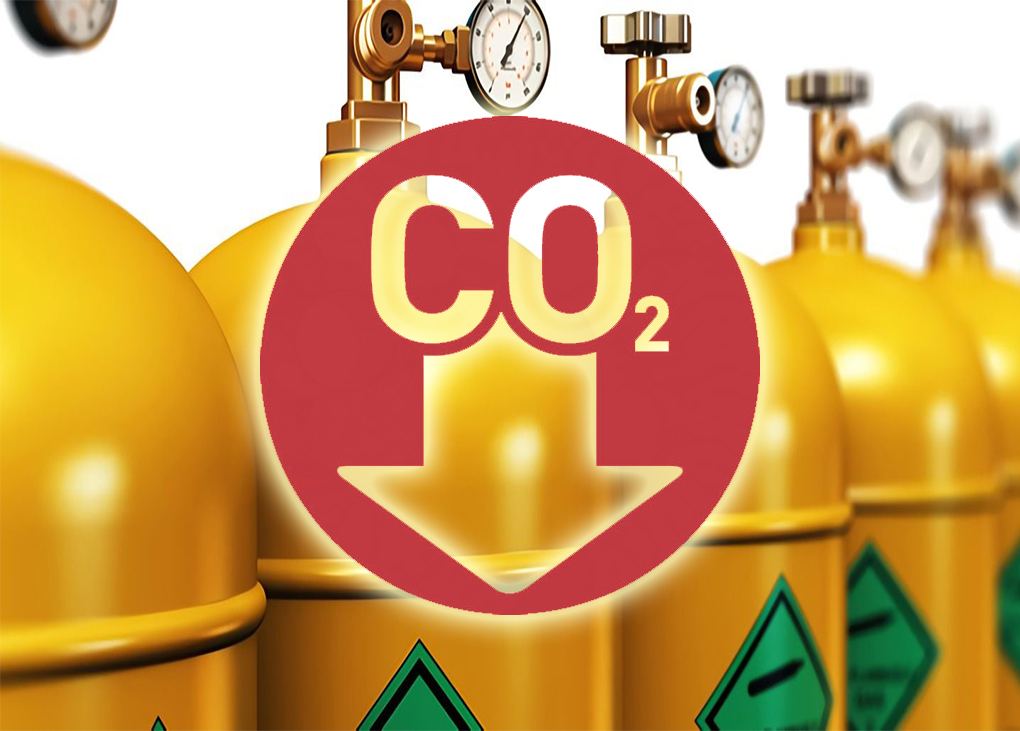
UNIDO’s refrigeration guidelines for emissions reduction
The United Nations Industrial Development Organization (UNIDO) has launched a new guidance document to support domestic and commercial refrigeration manufacturers seeking to improve energy efficiency and reduce greenhouse gas emissions. Funded by the Kigali Cooling Efficiency Program (K-CEP) and supported by International Copper Association (ICA), the study is intended to help manufacturers understand net benefits […]